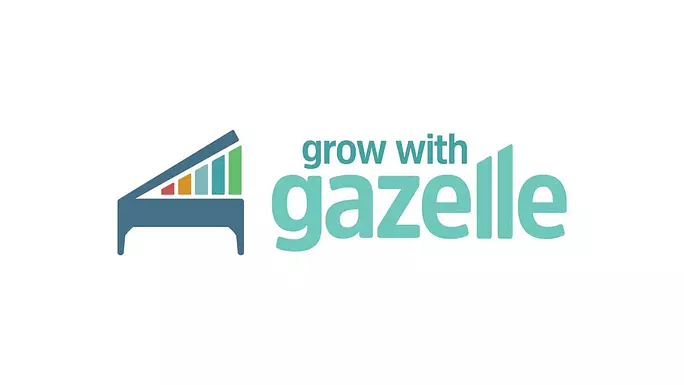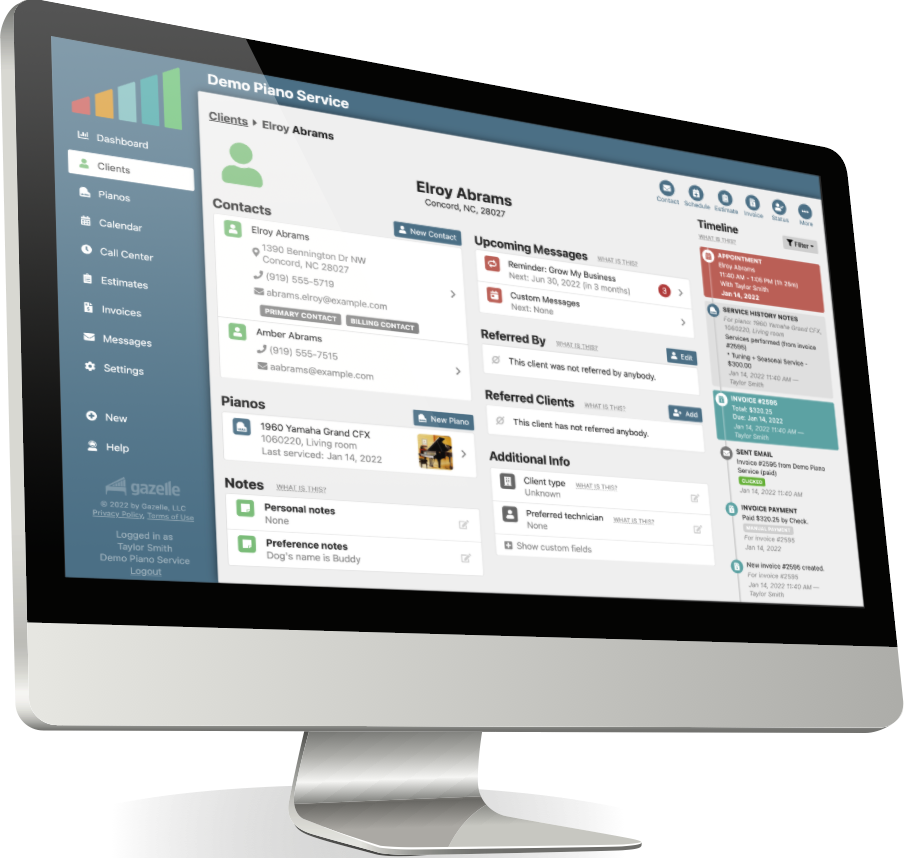If you are not losing clients in your business, something is not right. I remember when I first started my business I survived by trying to get everyone to stay on a regular service schedule. It hurt every time one of them said: “No thanks, don’t call me ‘I will call you’ …” They all had a reason but it was never very comforting for me to hear those dreaded words. Today I am managing existing clients very different than I did years ago, and my life and business is better for it.
What you are currently doing is broken
I know you probably feel otherwise, but if your way of managing clients is not radically different than everyone else, then the truth I am about to share is going to sting. Now I am not saying your current process is irredeemable. Even in my early days I somehow managed to not screw *everything* up. But my mountain of past mistakes is piled high with #FacePalm moments mixed with a few success stories. Today the stench and emotional pain I feel from these past mistakes are like scar tissue in my brain.
Losing clients is a sign of life
If you are living and breathing, your client list will atrophy. it is just a part of life. Even long-time clients will eventually move on. In a piano service business if you are doing everything right, then over the course of 5 years, 40%+ of all your clients will disappear. After 10 years less than 30% of your clients will likely be around. After 20 years less than 10% of your client list will still be calling you for service. We call this “churn” in the software world, “client attrition” in other industries. Either way, it basically means that you need to constantly be culling the dead wood from your client list or it will rot and cause more pervasive problems in your business.
You don’t need deadend clients
If you are keeping deadend clients around, they will cause you to make poor business decisions. Imagine you have 1200 clients and you are trying to figure out how to grow & manage your business. If you don’t know that 900 of those clients are never going to call you again, then you are about to make a very ill-informed decision. The only way to know who is “Active” and who is “Inactive” is to contact them an ask “Hey, are you still interested in servicing your piano?”. Additionally, if you have a healthy “Active” list then you can take this data and create a “Look-Alike Audience” on social media to try to find new clients who look like your best clients. You can’t do this if you have deadend clients hanging around.
Online Reviews are about more than just getting new clients…
If your client gives you an online review, they will be singing your praises long after they leave your active client roster. So get online reviews! Google, Facebook, Yelp, … anywhere, everywhere. Treat online reviews like the hen that lays your golden eggs.
This plays into engaging your existing clients at a future date because if they publically volunteer a commitment to “…tune my piano again in 6 months…” then in 6 months they are 2-3x more likely to do it. You will be surprised how many people say in their review “I will have them come out again in X months….” So get online reviews and pile them high.
(Note: If you can’t get at least 30-50% of your clients to leave you a review, then you are doing something wrong. But that is a topic for another day)
Always Ask, never “remind”
Talk to any colleague and you will find that they are likely doing some type of reminders as their clients come due for service, but usually not enough and they are going about it all wrong. For starters, the piano technicians I know usually hate this part of their job. It is awkward and often filled with rejection. I mean let’s be honest, it sucks when 40% of your clients tell you “No thanks, we are not going to value our piano like you want us to…” But it doesn’t have to be this way. You are probably unknowingly conditioning your clients to say “no” by saying “I am calling to remind you that your piano is due for tuning…” If this is what you are doing, you are in good company because this is exactly what I said for years. So let’s unpack why this is such a bad approach:
Ask them to tell you what they intend to do rather than reminding them what they should do
Save yourself the heartache and just stop saying “…I am calling to remind you your piano is due for a tuning…”. It is too easy to say “no” or “not now” to this question. Instead, say “Hi Sally, this is Tim from Well-Loved Piano, I was out there X months ago and was calling to see if you are interested in keeping the piano serviced” – a little hint, almost no one says “no” to this initial question unless they really are literally not interested in ever servicing the piano again (aka they sold it).
Touch base with them far more often than you are
If you are not giving your clients at least 8-12 reminders a year, you are not doing it enough. I am not talking about pestering people, I am simply saying that our clients live busy lives and you are doing them a service, so let’s make it feel that way:
- Give them plenty of notice. A month in advance shoot them an email that simply says “Just a heads up, I will be touching base soon to check in on you and your piano”. We call this ‘future framing’ the conversation.
- Remind them more often around their due date and less as time goes on
- Build strategic pauses into the rhythm so that after 4-6 attempts there are some weeks/months they don’t get anything from you.
- Balance automated email/text message reminders with personal phone calls and postcards.
- Never stop reminding them until they ask you to stop. Once they are more than 90 days overdue you should be touching base at least a minimum of once every month. Once they are more than 6 months overdue you should be touching base 4-6 times a year.
- Check the verbiage of all your emails/call scripts/texts/etc… Make sure everything is client focused, brief, and to the point.
- Get over your fear of upsetting your clients. If your attempts to touch base are not a blessing then the problem is with you, not the client. Change it up, fix what is broken, and press on.
Signs you have some room to grow
If you don’t hear back from the majority of your clients within 30 days of their due date, then you are doing something wrong. This doesn’t mean everyone booked an appointment. It just means that within 30 days of their due date you know whether:
- They are ready to book now
- They are not ready to book and you have rescheduled their reminder
- They are not going to service the piano again and should be removed from future reminders.
We don’t have time in this article to get into how you should phrase each email/text/phone call. However, if you want any help just reach out to support@gazellenetwork.com and we will be happy to help you audit your process and recommend some changes.



